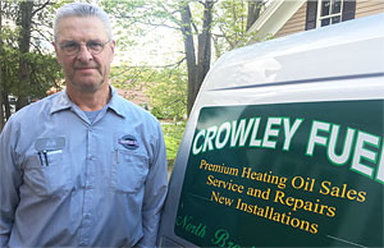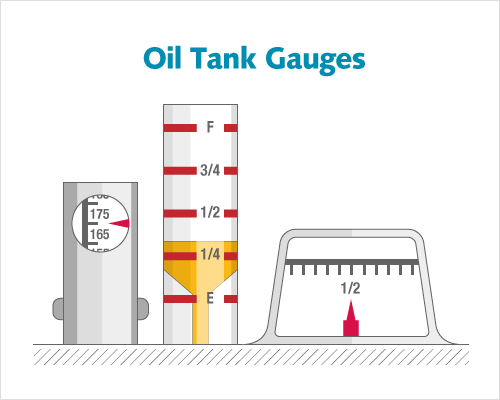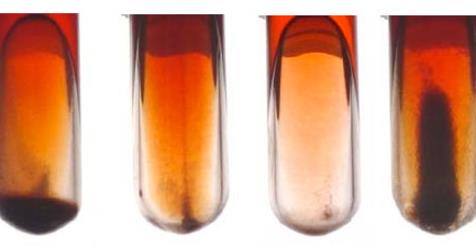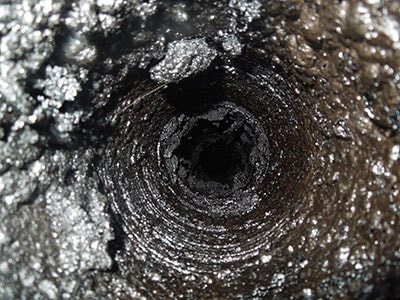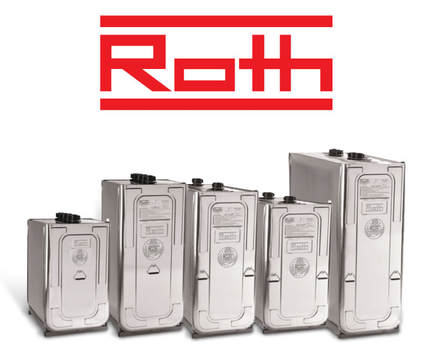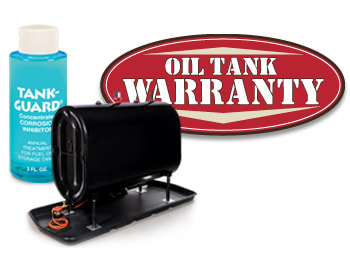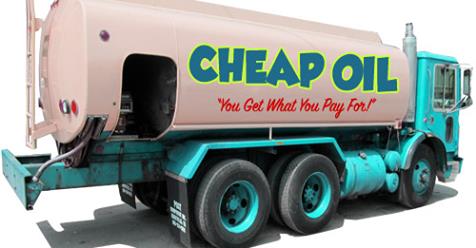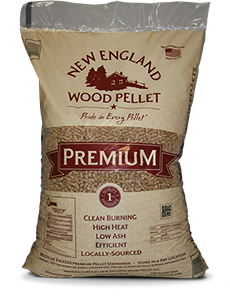|
Bob LaFlamme
Crowley Fuel's, Bob LaFlamme has more than 29 years of experience working in the home heating industry. Throughout that time, Bob has accumulated a lot of knowledge about how to heat your home, how best to conserve energy and how to reduce the cost of buying oil. Bob isn't just interested in selling you oil - he also wants to give you the information you need to become a better consumer. |
Have a topic you'd like to see Bob cover in his blog? Send him an Email and watch for his answer here.


